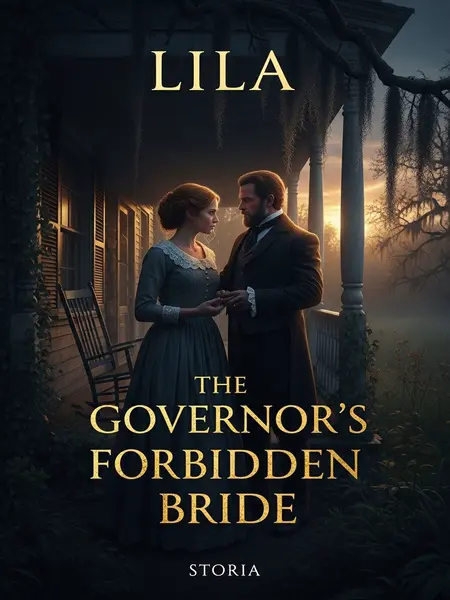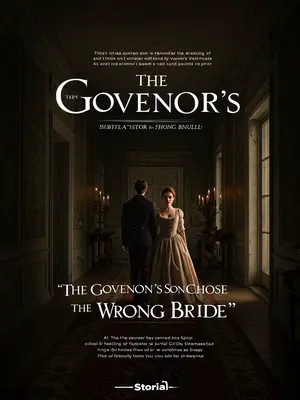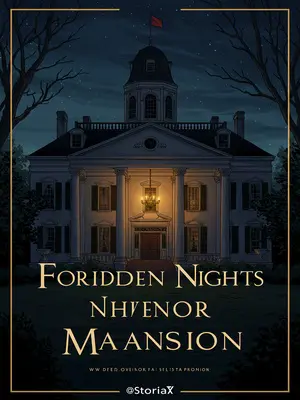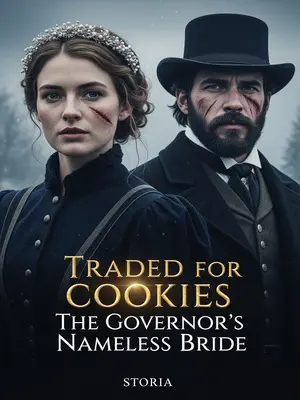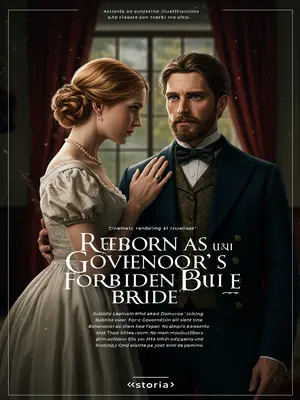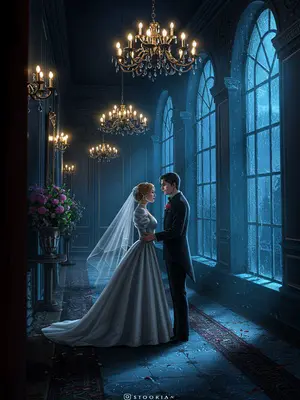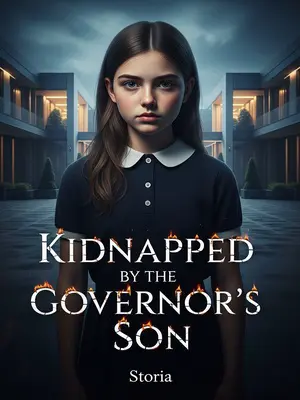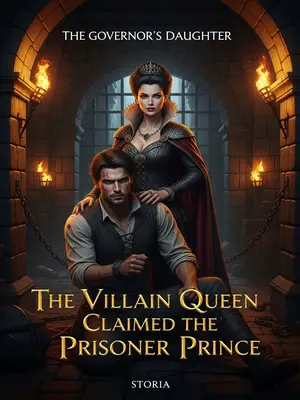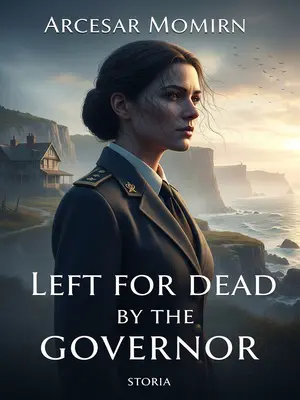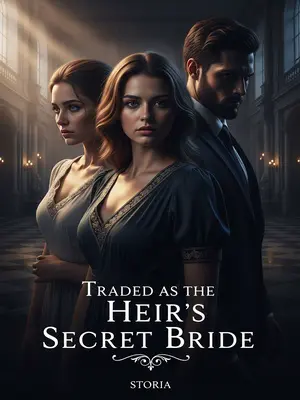Chapter 3: Lamb, Love, and Loss
My mother’s skill with lamb came from my father.
As a child, I’d watch them work side by side in the kitchen, moving like dance partners. He’d show her how to slice against the grain or add just a pinch of rosemary at the right moment, and she’d listen—absorbing everything.
Dad’s lamb was legendary, the kind of meal that made neighbors forget old grudges and stay long after the plates were clean.
People drove in from Tybee Island and Pooler just to see if the stories were true. Every Sunday, the air outside our house would fill with a sweet, smoky perfume.
Others could roast lamb, but my father’s was unmatched: the skin crackled, the meat was tender, the aroma rich but never gamey. Even people who usually disliked lamb would end up eating slice after slice once they caught a whiff.
I once saw Mr. Jensen, who swore lamb made him gag, sneak three helpings when he thought no one was watching. Afterward, he just patted his belly and winked at me.
Whenever my father cooked, my mother would help in the backyard.
She’d shoo away the flies with a pine branch and toss scraps to the neighborhood dogs, her laughter rising above the hiss of fat on the grill.
Most other restaurant owners’ wives would stand out front to attract customers, but my mother never showed her face.
She’d peek from behind the curtain, hands dusted with flour, never lingering too long. "Let your father be the star," she’d whisper to me.
I understood why—my mother was simply too beautiful, beautiful enough to invite trouble.
Even in old jeans and an apron, she had the kind of face that made men pause mid-sentence. Once, the preacher’s wife called her a temptress, but Mom just smiled and kept her head down.
And our family were just regular folks, with no one to rely on. In this world, we couldn’t afford trouble; all we could do was avoid it.
We didn’t have cousins in Atlanta or uncles in City Hall. In Savannah, if you were on your own, you learned to keep your head down and your mouth shut.
The only time my father was in the spotlight was when the governor’s people heard of his unmatched roast whole lamb and invited him to cook for the governor.
It was the talk of the diner for a week. Even Principal Baker mentioned it at morning assembly, proud that someone from our town had been recognized.
My father happily told my mother, “This time the reward will surely be generous. I’ll buy you a few new outfits in Savannah, and have a pair of pure gold little bunnies made for our Lila’s hope chest.”
He’d been talking about those little bunnies since I was five, promising to buy them when times were good. The idea of a hope chest made me feel grown-up, like maybe life could be more than just getting by.
I loved little bunnies most of all. Hearing this, I immediately threw myself into my father’s arms: “Little bunnies! I want little bunnies!”
I still remember the way he spun me around, my feet flying. My giggle echoed through the house, so bright it could’ve lit up the whole block.
My father laughed and carried me on his back, running circles around the house. My mother laughed and tried to stop him: “Don’t let her fall!”
She swatted his shoulder with a dish towel, but couldn’t hide her smile. For a minute, we all forgot about bills and bad luck.
Those days were like a dream.
If I had known, I would never have wished for little bunnies.
If I’d understood what wishes cost, maybe I would’ve kept mine small—just one more night around the dinner table, just one more laugh.
I would only have wished for my father.
